
'We Are Now Nearing Practical Application of a Stimulus-Free Brain-Mapping System'
Neural interfaces developed by scientists at HSE University in collaboration with clinicians make it possible to communicate with the brain and decode its signals. The use of such interfaces opens up opportunities to stimulate brain activity, restore and normalise muscle control in patients who have suffered a stroke, heart attack, or other neurological disorders, and support the rehabilitation of individuals with traumatic brain injuries or limb loss. Alexey Ossadtchi, Director of the Centre for Bioelectric Interfaces at the HSE Institute for Cognitive Neuroscience, discusses the centre and its work.
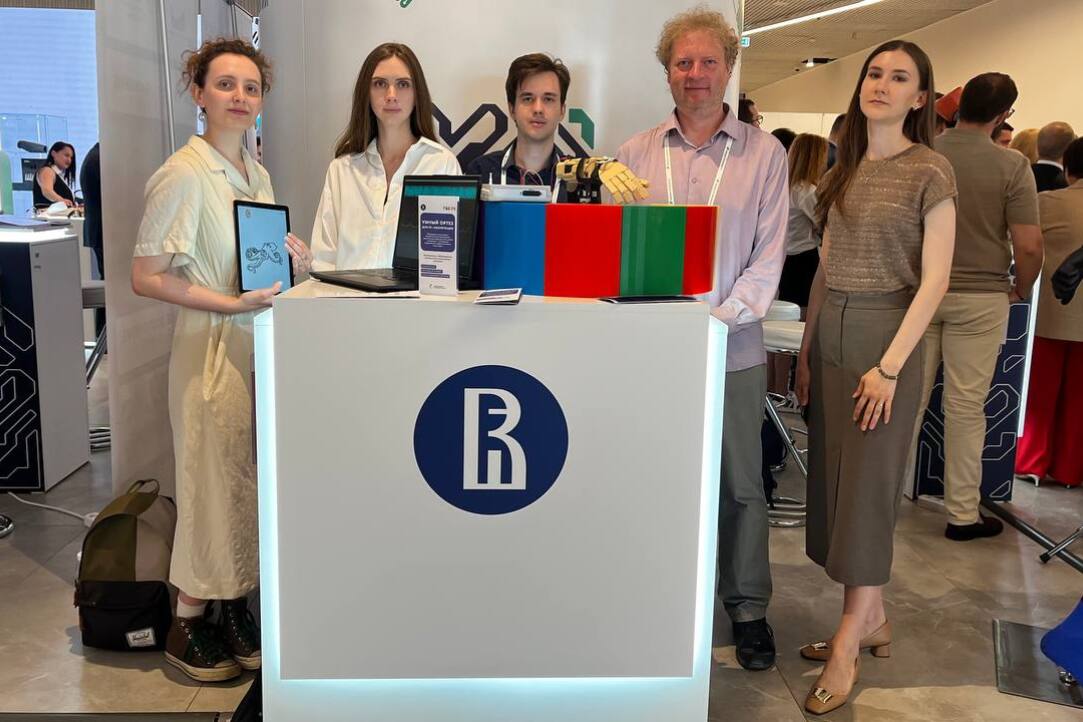
HSE University Presents Smart Orthosis at Hope for Technology Forum
On July 10–11, 2025, Moscow hosted the 10th Hope for Technology National Forum of the Rehabilitation Industry and Universal Design. The event was aimed at discussing innovative achievements in the rehabilitation industry. The MIEM Student Design Bureau and the HSE Institute for Cognitive Neuroscience presented a smart orthosis, which was developed at the request of orthopedists.
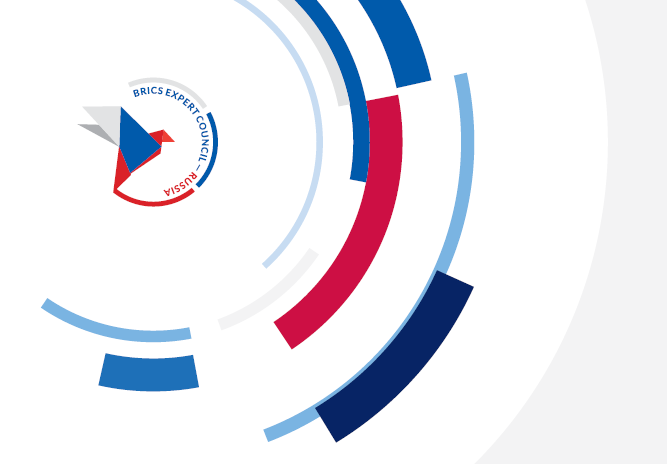
Experts Assess How BRICS Countries’ Education Systems Are Evolving
The BRICS Expert Council–Russia, based at HSE University and operating in collaboration with the HSE Institute of Education, has released an analytical report titled ‘The Transformation of General Education in BRICS Countries.’ The study explores how BRICS nations are addressing shared challenges, including equitable access to schooling, digital integration, support for inclusion, linguistic diversity, and intercultural dialogue.
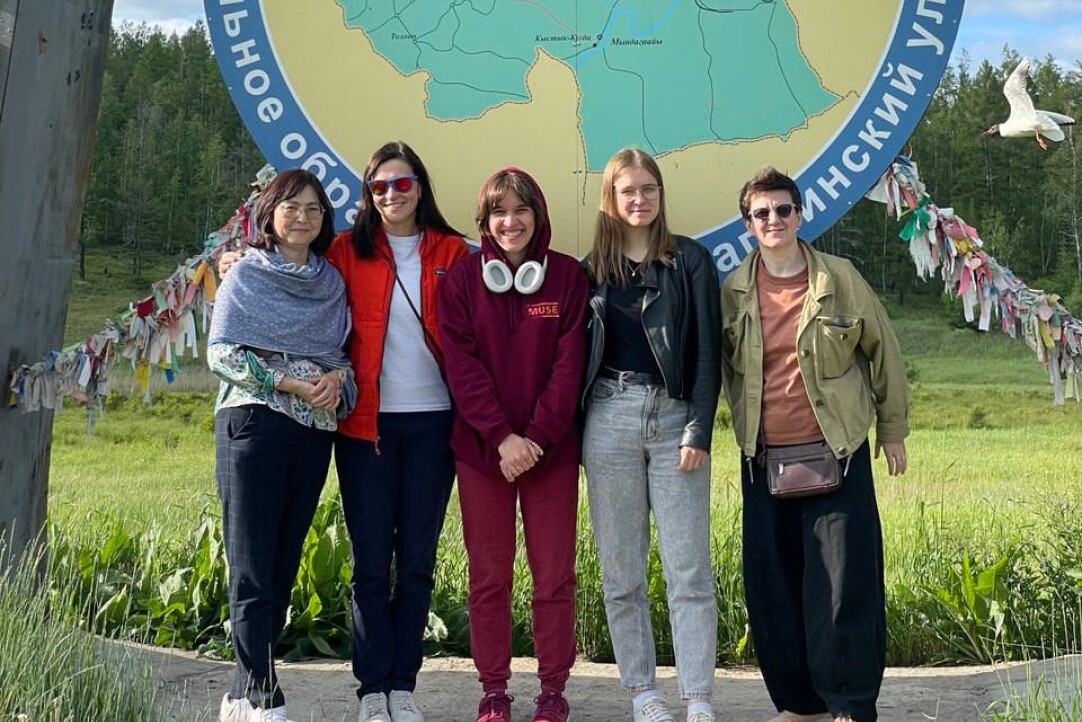
Centre for Language and Brain Conducts First Neurolinguistic Field Study of Reading in Yakut
In July, a team from the HSE Centre for Language and Brain, in collaboration with the Centre for the Study, Preservation, and Development of Native Languages of the Academy of Sciences of the Republic of Sakha (Yakutia), conducted the first-ever neurolinguistic expedition to the village of Churapcha to study reading in the Yakut language using electroencephalography (EEG). For the first time, EEG data from 43 adults and behavioural data from 40 children was collected during the two-week expedition.
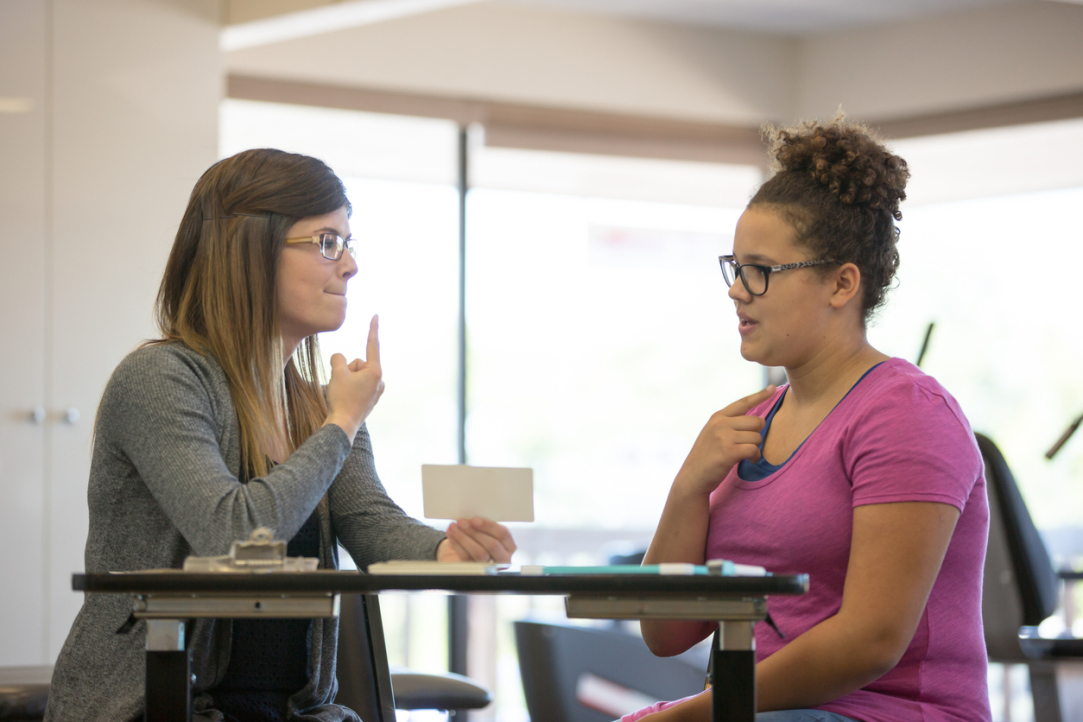
HSE Neurolinguists Reveal What Makes Apps Effective for Aphasia Rehabilitation
Scientists at the HSE Centre for Language and Brain have identified key factors that increase the effectiveness of mobile and computer-based applications for aphasia rehabilitation. These key factors include automated feedback, a variety of tasks within the application, extended treatment duration, and ongoing interaction between the user and the clinician. The article has been published in NeuroRehabilitation.
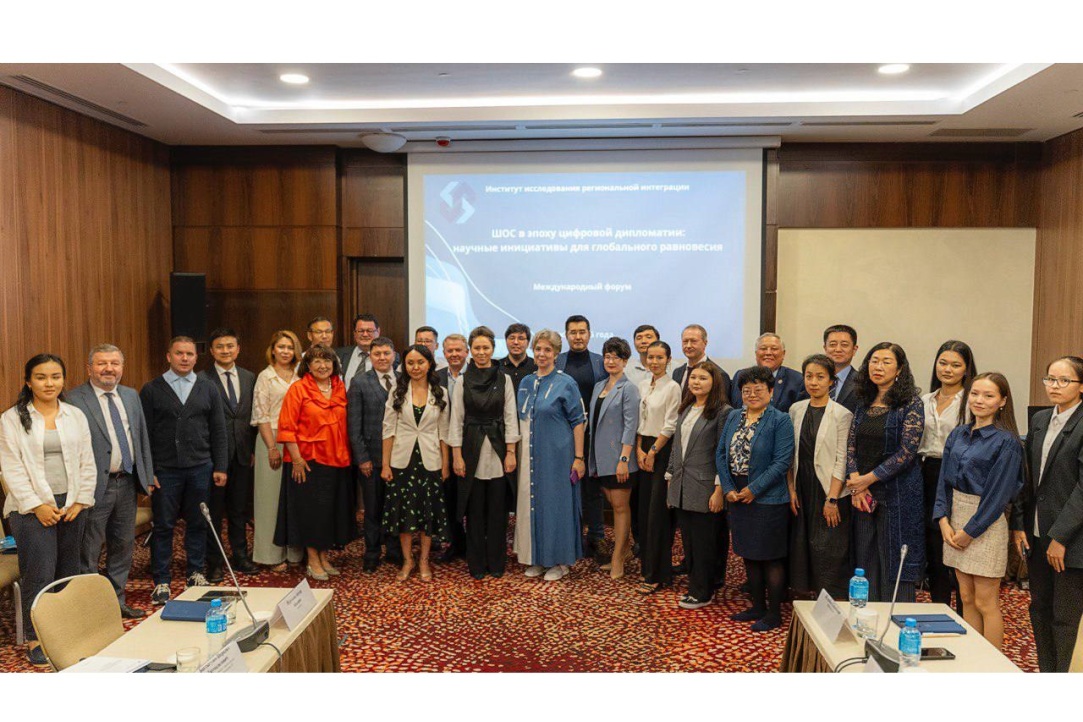
HSE University Strengthens Ties with Central Asia
Experts from the HSE Faculty of Urban and Regional Development (FURD) took part in the international forum ‘The SCO in the Era of Digital Diplomacy: Scientific Initiatives for Global Balance.’ The event, held in Astana, was organised by the Eurasian Association for International Studies and the Institute for the Study of Regional Integration (Kazakhstan).

Scientists Develop AI Tool for Designing Novel Materials
An international team of scientists, including researchers from HSE University, has developed a new generative model called the Wyckoff Transformer (WyFormer) for creating symmetrical crystal structures. The neural network will make it possible to design materials with specified properties for use in semiconductors, solar panels, medical devices, and other high-tech applications. The scientists will present their work at ICML, a leading international conference on machine learning, on July 15 in Vancouver. A preprint of the paper is available on arxiv.org, with the code and data released under an open-source license.
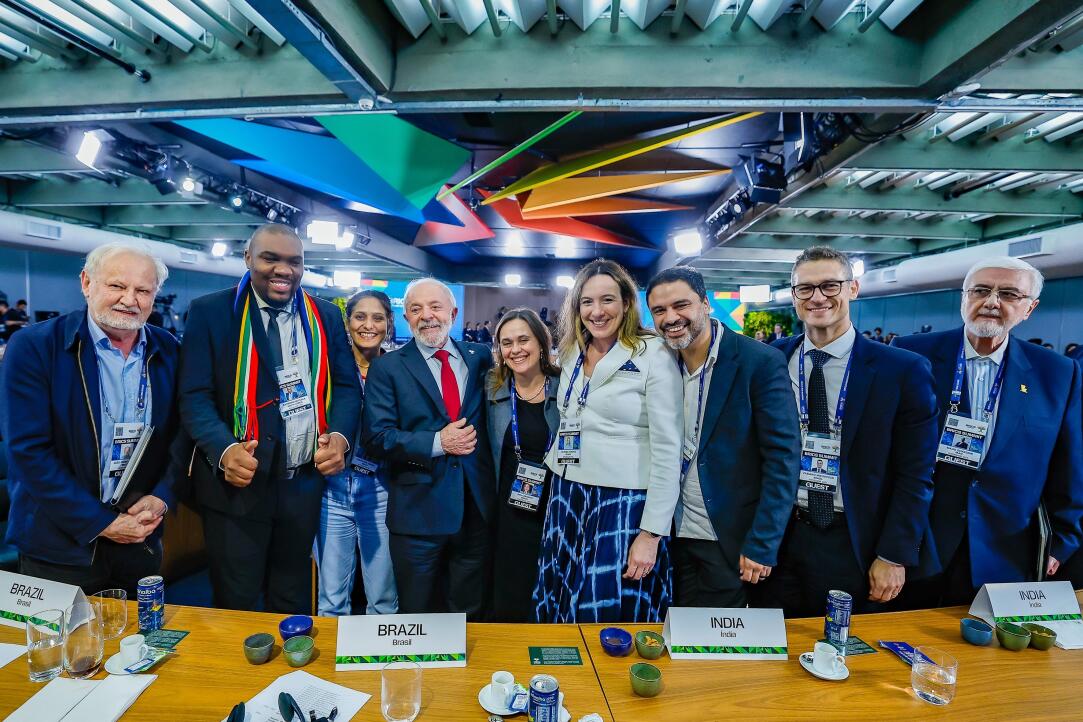
HSE Takes Part in BRICS Summit
On July 6–7, 2025, the 17th BRICS Summit took place in Rio de Janeiro. For the first time in the organisation’s history, representatives of civil society from BRICS countries participated. HSE Vice Rector, Head of the BRICS Expert Council–Russia, and Co-Chair of the Russian Chapter the BRICS Civil Forum Victoria Panova attended the meeting of the bloc’s national leaders.
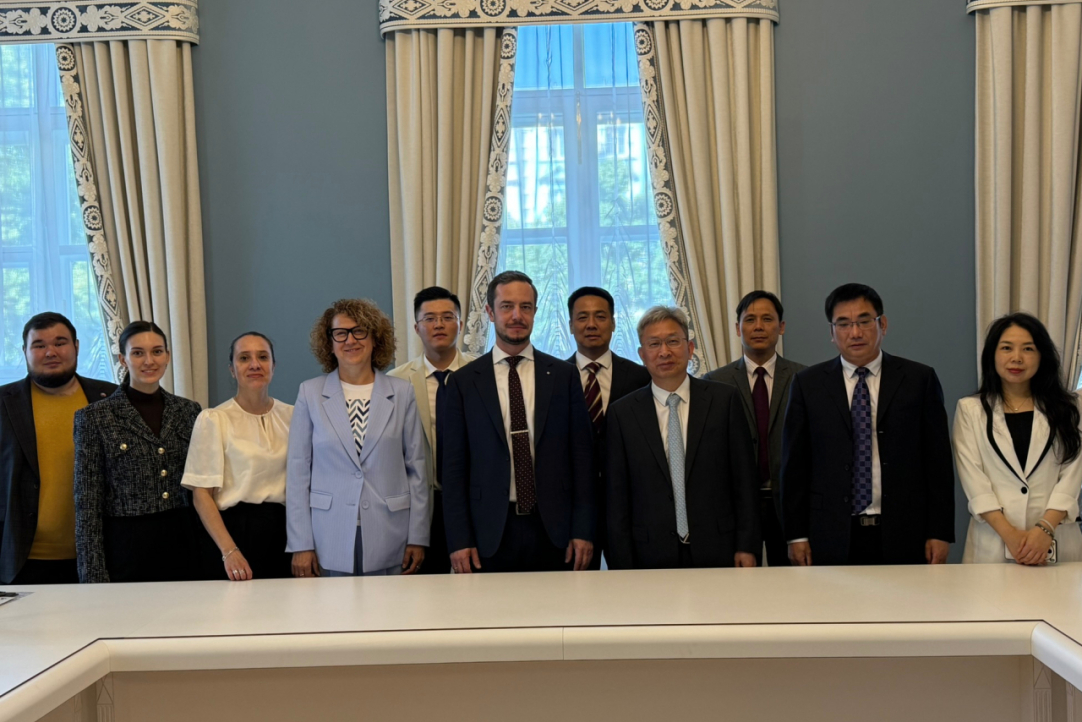
HSE and Communication University of Zhejiang Strengthen Partnership in Creative Education
On July 7, 2025, HSE University hosted a delegation from China at the historic Durasov House. The delegation, led by Wei Guotan, Chair of the University Council of Communication University of Zhejiang (CUZ), was welcomed by HSE Vice Rector Dmitry Zemtsov, Deputy Dean of the Faculty of Creative Industries Tatiana Rivchun, and representatives of the HSE Institute for Creative Industries Development and the HSE Art and Design School—the initiators of the partnership with their Chinese colleagues.

Recommender Systems: New Algorithms and Current Practices
The AI and Digital Science Institute at the HSE Faculty of Computer Science hosted a conference focused on cutting-edge recommender system technologies. In an atmosphere of active knowledge sharing among leading industry experts, participants were introduced to the latest advancements and practical solutions in recommender model development.


Applications are submitted until August 17, 2025